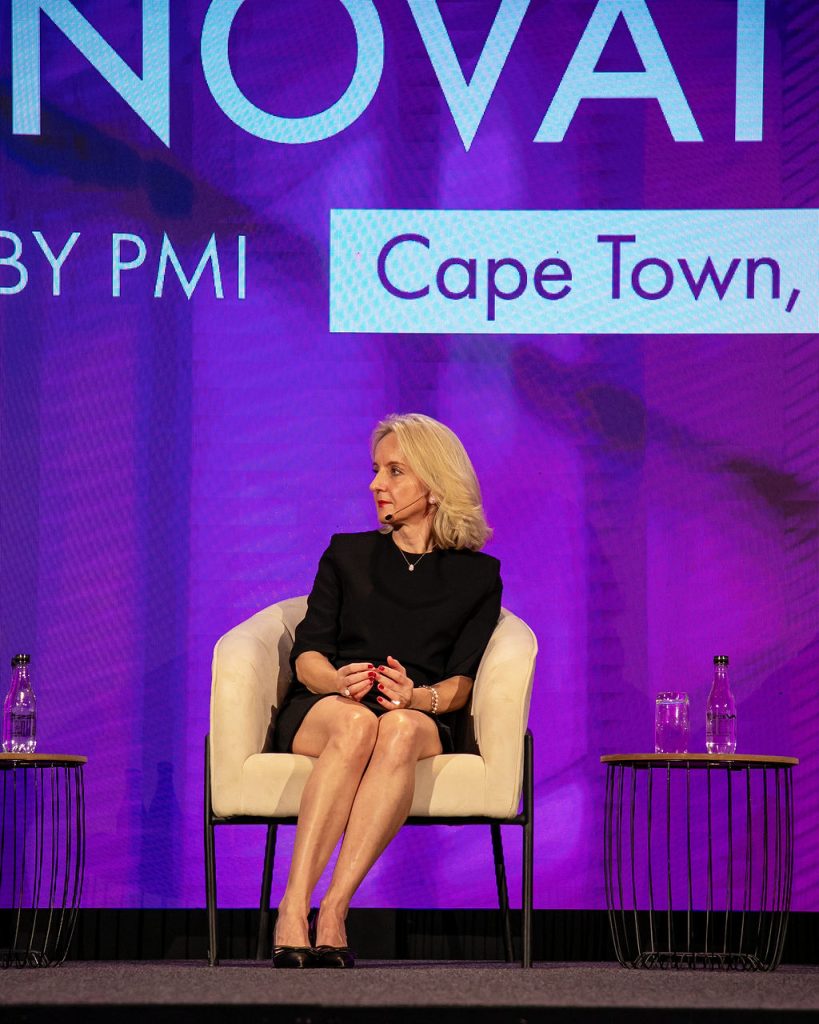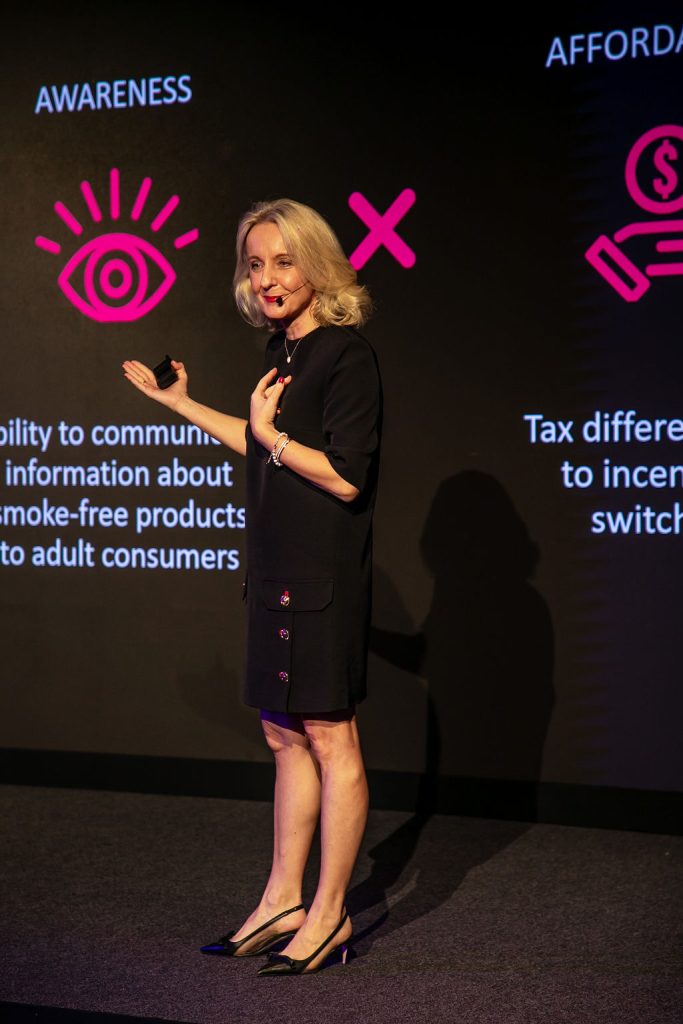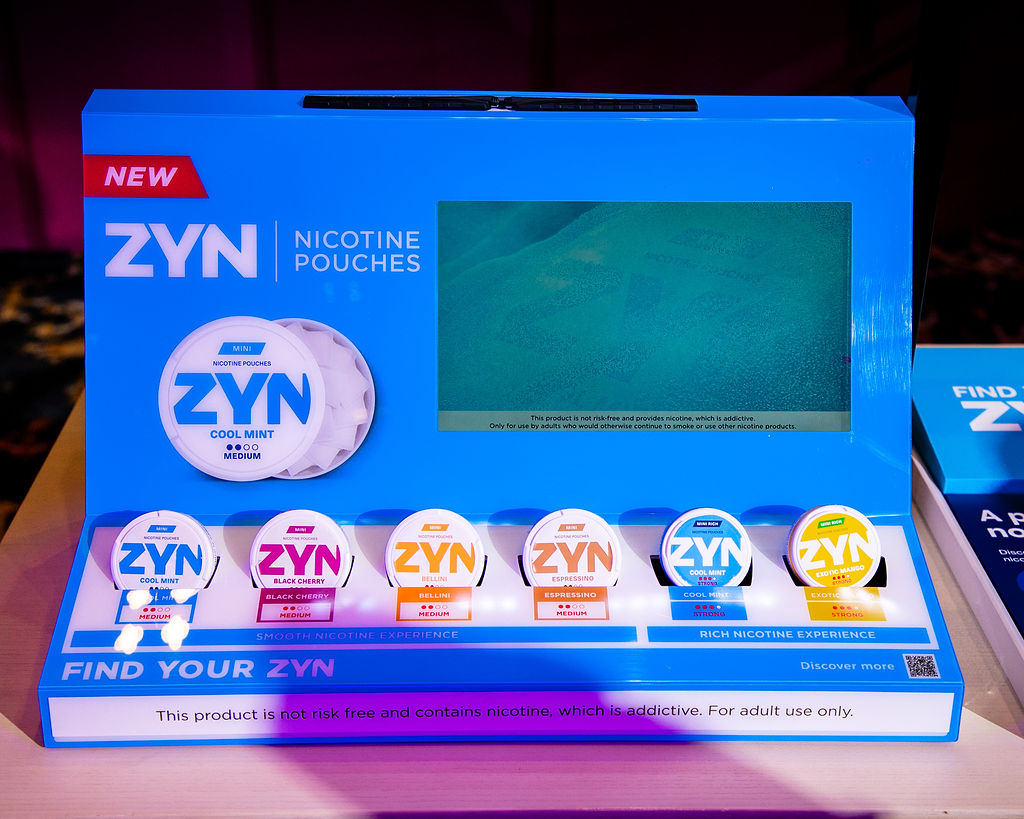Technovation Cape Town 2025: Lighting the Path to a Smoke-Free Future for Africa
The challenges of public health are complex, particularly in regions like Africa where unique socio-economic factors intersect with entrenched habits. However, a silent revolution is underway, driven by science and technology, aiming to redefine the future of nicotine consumption. At the forefront of this transformation is Philip Morris International (PMI), whose commitment to a “smoke-free future” was recently showcased at their global event, “Technovation 2025: Inside the Science of a Smoke-Free Future.”

At the recent Cape Town Technovation event we learnt that PMI’s vision isn’t confined to a single continent; it’s a global ambition to replace traditional combustible cigarettes with scientifically substantiated, less harmful alternatives. For Africa, a continent with a significant and growing adult smoking population, this commitment to Technovation offers a beacon of hope for harm reduction.
The focus was firmly on the rigorous science and cutting-edge technology that underpins PMI’s smoke-free product portfolio. Experts delved into the intricacies of products like heated tobacco systems (e.g., IQOS) and oral nicotine pouches (e.g., ZYN), explaining how these innovations eliminate combustion – the primary cause of smoking-related diseases. The message was clear: it’s the burning of tobacco that creates the vast majority of harmful chemicals, not nicotine itself. By removing combustion, these products offer a significantly reduced-risk alternative for adult smokers who would otherwise continue to smoke.
We got to interview Andrea Gontkovicova (Vice President Corporate Affairs, SSEA, CIS & MEA, PMI) who discussed Adoption vs. Resistance to Smoke-Free Innovations, she mentioned “An increasing number of progressive governments are acknowledging that scientifically validated, less harmful alternatives to smoking can contribute to reducing smoking rates more rapidly. These initiatives are delivering promising outcomes, fostering both public health improvements and socio-economic advantages.”



For Africa, where traditional tobacco use is prevalent and public health resources can be strained, the potential impact of such technovation is immense. Imagine a future where the devastating health consequences of smoking are dramatically lessened, not through prohibition, but through innovation that provides adult smokers with better choices. This isn’t about encouraging non-smokers to start; it’s about empowering the millions of adult smokers who find it difficult to quit with access to and accurate information about scientifically validated alternatives.
PMI’s investment in research and development, totaling billions of dollars since 2008, is a testament to their dedication to this transformative journey. Technovation 2025 highlighted not only the scientific advancements but also the ongoing commitment to transparent research and open dialogue with the scientific and public health communities. The event served as a platform to discuss the role of evidence-based regulation, emphasizing that policies should differentiate between combustible cigarettes and smoke-free products based on their differing risk profiles.



As Africa continues its rapid development, integrating technovation and harm reduction into public health strategies could be a game-changer. By embracing the advancements showcased at The Cape Town Technovation 2025, and fostering an environment that encourages adult smokers to switch to less harmful alternatives, the continent can take a significant step towards a healthier, smoke-free future for its communities. The science is evolving, and with it, the possibilities for a world where cigarettes truly belong in a museum.



